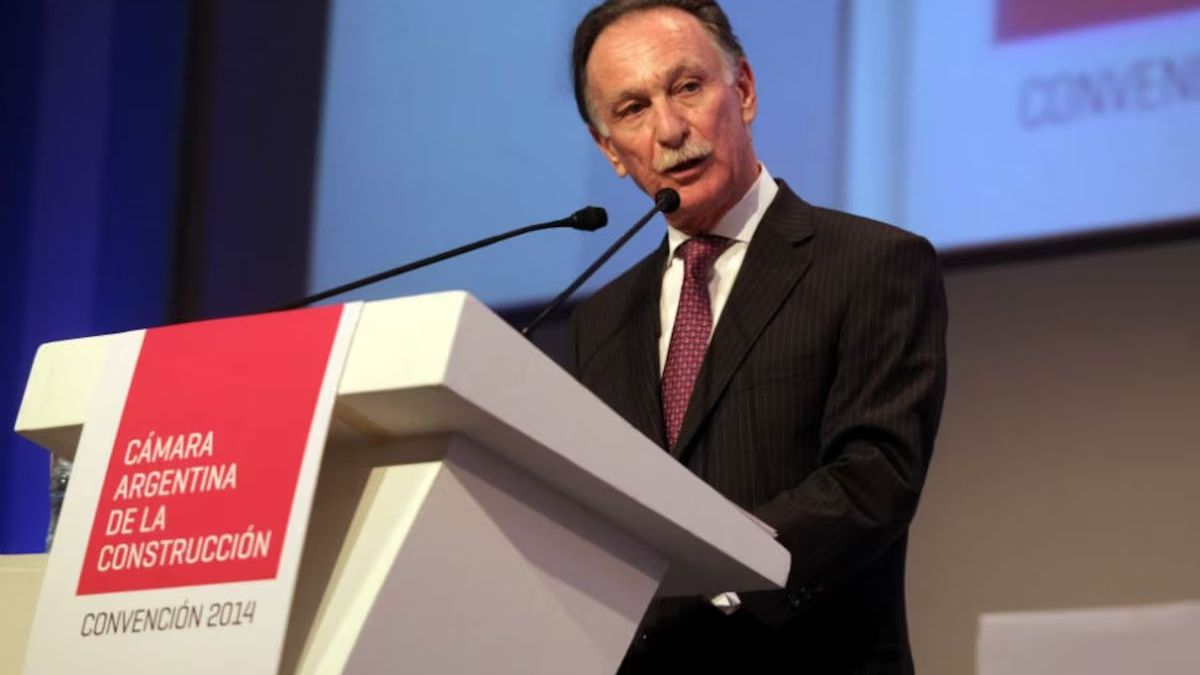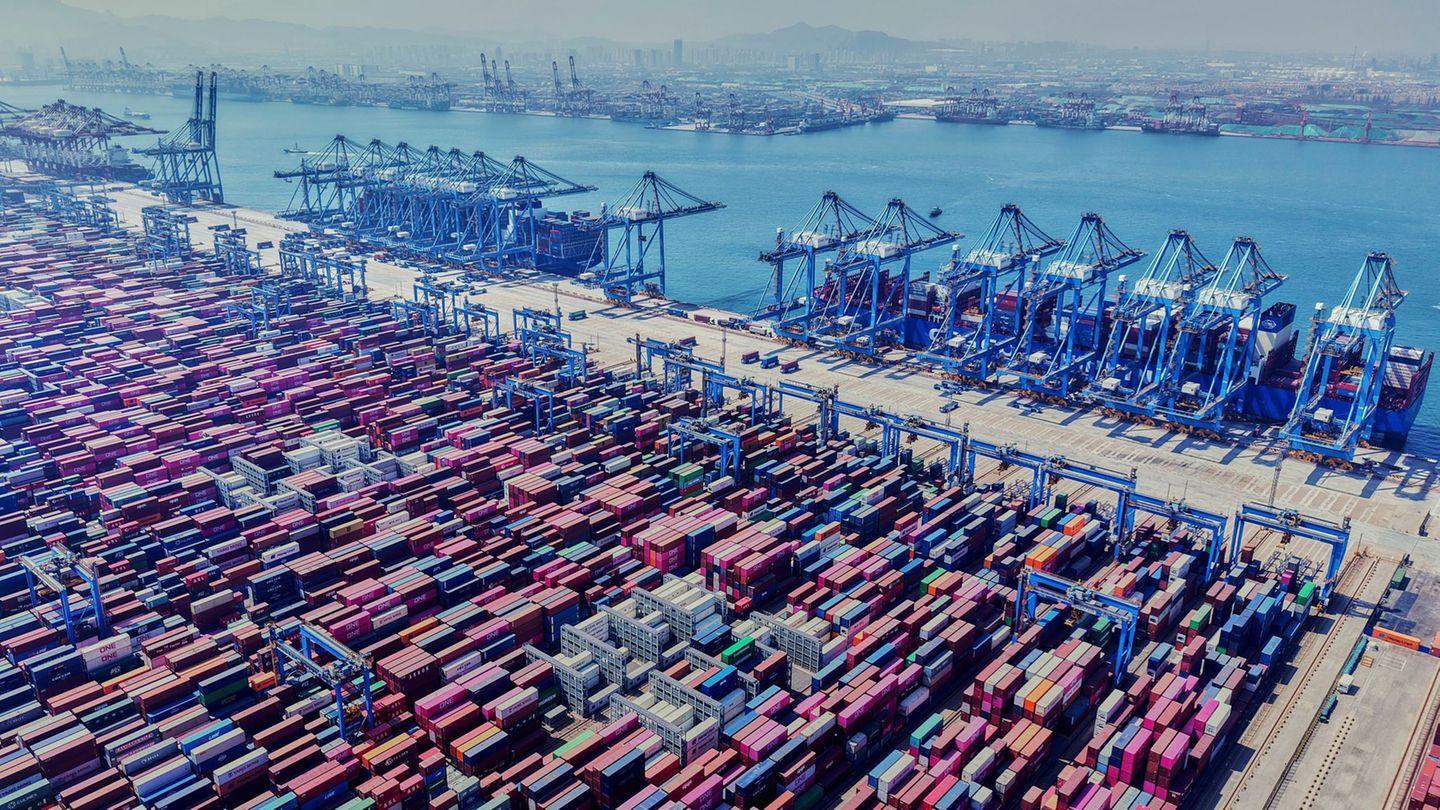The situation of public works in Argentina is worsening more and more and the cost is being faced exclusively by companies in the sector. Inflation, late redeterminations and payments ranging from 75 to 285 days in certifications have managed to erode the finances of many firms in the sector.
To take a reference, companies can lose up to 30% of the total projected income as a result of the incompetence of the State in the lack of updating the amounts. To calculate the damage, what is called the Net Present Value must be taken, that is, the result obtained by the company during the execution of the work, which consists of updating the receipts and payments of a project or investment to know how much is earned. or loses -in real terms- with that task.
As stated, the claims of the construction businessmen for the delay in the payments of certifications and the delays in approving the price updates of the projects have not found a solution so far. Strictly speaking, the imbalance due to inflation caused in the costs of the Nation’s works is already causing the paralysis of some projects, which, they warn in the Chamber that represents the sector, will result in the start of massive suspensions and even dismissals of hundreds or thousands of workers, in a sector that employs a universe of one and a half million people.
The genesis of the problem
The most dramatic point of the situation is located in the decapitalization to which companies are exposed. For example, a work that had its last redetermination in November 2022, may only have its respective certificate approved in May 2023 and be invoiced only in June. Then you will have to wait several weeks to be able to collect, from which derives a whole sequence that exposes the lack of attention on the part of the Ministry of Public Works in the promoted tasks.
On the one hand, the necessary inputs for the execution of the works have undergone substantial changes due to the inflationary environment. That is to say that the numbers budgeted at the time of the bidding suffer an increasingly relevant erosion as a result of the inflationary speed. The financial cost has also risen sharply.
To take a reference, until just a few months ago, companies calculated an impact on loss in pure financial terms as a result of delays could be around 5 or 7% per year. Today that damage has grown exponentially.
Claim
The Argentine Chamber of Construction (Camarco) has already raised its complaint to the highest government authorities about the slowdown in the treatment and payment of public works certificates, with their respective cost redeterminations, but so far the claim has not been addressed. The construction crisis is a general, systemic problem that occurs in all companies in the sector, whether they are SMEs, medium-sized or large. “The delay in payments affects everyone equally,” said construction sources.
The president of Camarco, Gustavo Weiss, explained that it is a combo that combines an accelerated increase in the prices of inputs, waiting up to 10 months to collect contracts and the indebtedness of companies at high rates to continue operating.
Public works go through a process of presentation, bidding (price verification) and adjudication, where the total budgeted amount is approved. But, according to a Mauricio Macri decree, when inflation exceeds 5%, a mechanism is activated by which the redetermination of the prices of the work is set in motion. In times of low inflation, one or two per year were generated, but today multiple monthly updates are needed, and some even ask that they be daily.
“Everything starts from the shortage of money from the national and provincial governments, the problems in price redeterminations and the delays of months in approvals. Even making monthly updates is not enough, because the formula does not represent reality. Contracts like this are unfeasible,” Weiss described.
It is that the redeterminations are calculated on past months, after knowing the inflation rates and other INDEC variables, and not on the month of the course or days of the month, which causes the costs of the works to be delayed. This mismatch harms the finances of construction companies, which in many cases are forced to finance projects with their own funds, waiting for a promise of compensation that is always late.
At the same time, there are significant delays in obtaining the redetermination by the National State, in particular, by the Ministry of Public Works, headed by Gabriel Katopodis. According to the businessmen affected, once the application is submitted it takes about 60 days to respond, which results in a “delay of the delay”. The most serious cases are those that additionally have bureaucratic problems in approving procedures because more than one jurisdiction is involved. On the other hand, the works of multilateral credit organizations, such as the World Bank, are much better off, Weiss explained.
Until recently, companies calculated an additional financial cost of 2% of the total work, equivalent to the days out of date due to outdated prices. Today that percentage has climbed to 10%, which in many cases makes the continuity of the projects unfeasible, or the start of new ventures.
For the worse, the head of the Chamber recalled in dialogue with C5N.com that there is no type of compensation for delays.
“For decades governments have institutionalized not paying interest as something normal, despite the fact that the Public Works Law establishes that when there are delays, compensatory interest must be paid. If a company is paid 30 days late, they are taking 8 or 9% of the invoice and 18% after 60 days. Thus the works become unviable ”, he warned.
In Camarco they reiterated that, if the current situation persists, the high impact on employment and the stoppage of works will come sooner rather than later.
Source: Ambito




